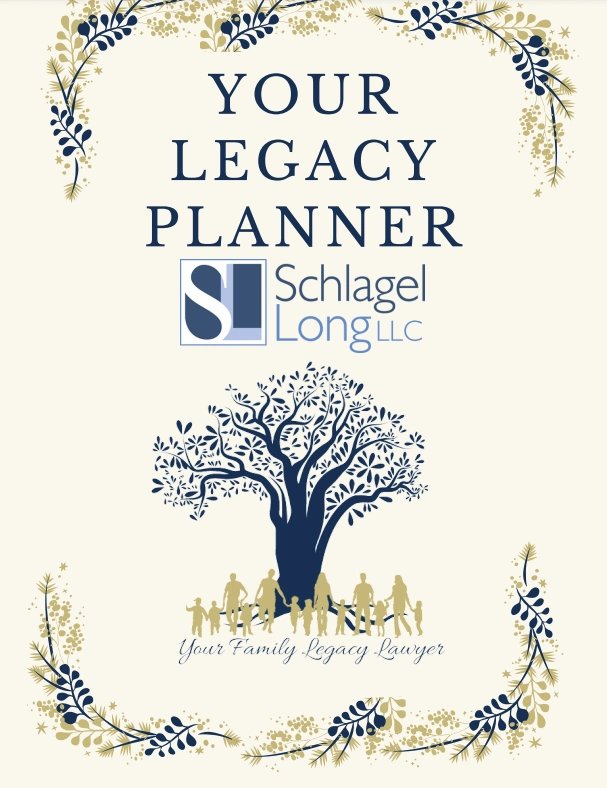Funding a Trust With Life Insurance
Understanding the Role of Life Insurance in Trust Funding
The Basics of Trusts and Their Purpose
The Advantages of Funding a Trust with Life Insurance
Types of Trusts and Their Implications
Revocable vs. Irrevocable Trusts: Pros and Cons
Navigating Taxes in Estate Planning
The Popularity of Revocable Trusts in Estate Planning
Benefits of Revocable Trusts
Flexibility and Control in Estate Planning
Ensuring Your Life Insurance Trust Functions as Intended
Naming and Updating Beneficiaries
Other Trust Options and Finding the Right Fit
Related Posts About Trusts
How To Manage a Will and Trust
What Is the Primary Purpose of a Credit Shelter Trust?
Funding a Trust With Life Insurance
What Exactly Does an Executor Do?
When Should You Have ‘the Talk’ With Your Kids?
Does Your Estate Plan Need a Will or a Trust or Both?
Top 10 Reasons To Get Going on an Estate Plan

Estate Planning Legacy Planner
Everyday, we work with people who have lost someone they care about. There is so much these folks have to organize and manage. This planner organizes the information they will most need, in our experience, saving so much time and unnecessary cost. Besides organizing your information, it's so important to have a good estate plan that will keep your family out of court and conflict.
Please use the button below to receive a free copy of our Estate Planning Legacy Planner, an organization tool essential to any estate plan designed to help your loved ones take care of you and handle your affairs.
Attorney Benjamin Long
Benjamin Long is an estate planning and retirement attorney at Schlagel Long, LLC in Olathe, Kansas. With extensive experience in helping individuals plan for the financial realities of retirement, Ben works closely with clients to minimize tax burdens on Social Security benefits, retirement accounts, and investment income.
He advises retirees and pre-retirees on smart withdrawal strategies from traditional IRAs and 401(k)s, Roth conversion opportunities, and how working part-time can affect Social Security benefits. His guidance helps clients better understand required minimum distributions (RMDs), avoid unexpected tax surprises, and preserve income for long-term security.
Ben earned his law degree from Washburn University School of Law and has been recognized as a Super Lawyers Rising Star and recipient of the Martindale-Hubbell Client Distinction Award. He lives in Olathe with his wife and two daughters and serves as adjunct faculty at Washburn Law School, where he teaches estate planning and retirement law essentials.

